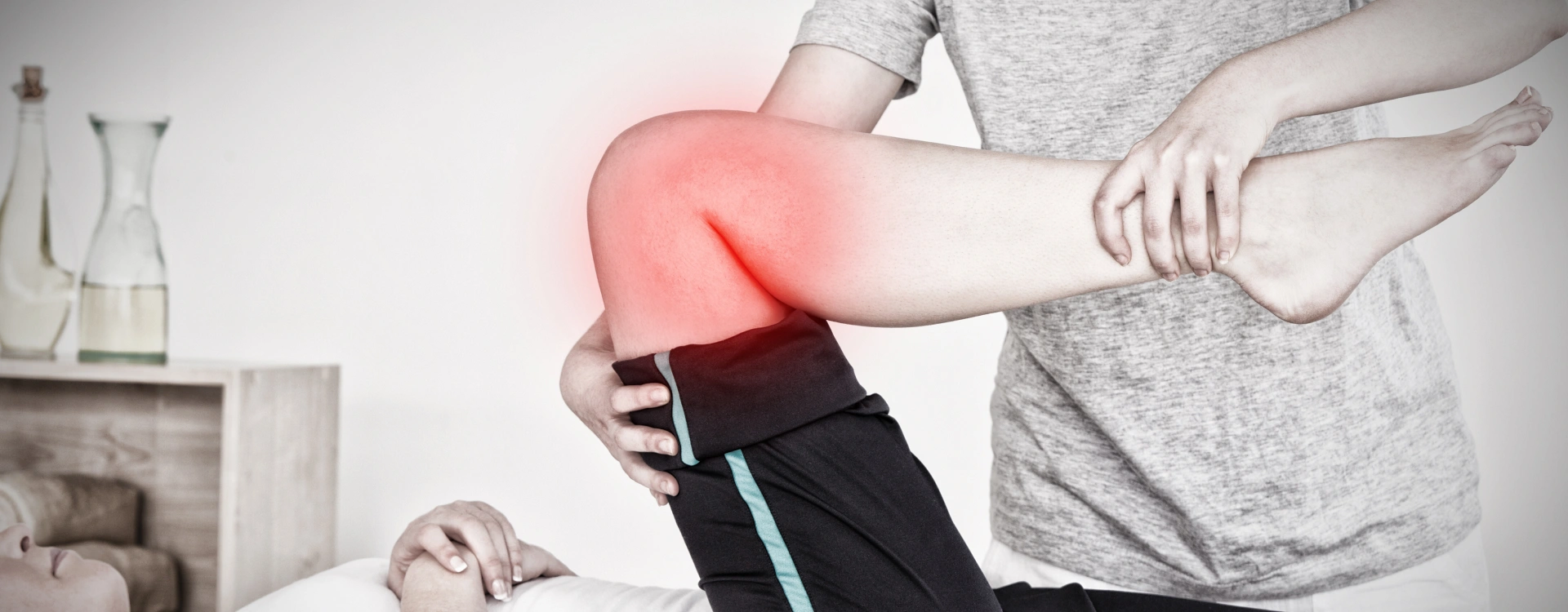Best Post-TKR & THR Rehab Physiotherapy in Gurugram

Recovering from Total Knee Replacement (TKR) or Total Hip Replacement (THR) requires a structured physiotherapy rehabilitation program to restore strength, mobility, and function. At Painflame, we provide specialized post-TKR & THR rehab physiotherapy in Gurugram, ensuring a safe, effective, and faster recovery.
After surgery, patients often experience stiffness, muscle weakness, pain, and difficulty walking. Without proper rehab, these issues can delay healing and limit daily activities. Our personalized rehabilitation plans help regain movement, improve joint flexibility, and rebuild muscle strength.
Our evidence-based rehab approach includes physiotherapy, manual therapy, gait training, strength exercises, and posture correction, ensuring a pain-free return to normal life. We also focus on preventing complications like joint stiffness, muscle atrophy, and post-surgical imbalance.
If you’ve had knee or hip replacement surgery, our expert physiotherapists will guide you through a structured rehab plan to help you regain independence and mobility faster.
Common Challenges After TKR & THR Surgery
Pain & Stiffness
Post-surgical inflammation and reduced movement can lead to stiffness and discomfort, limiting knee or hip flexibility.
Muscle Weakness
Surgery can cause muscle deconditioning, making it difficult to stand, walk, or perform daily activities without support.
Balance & Gait Issues
After knee or hip replacement, many patients experience difficulty maintaining balance and walking properly due to muscle weakness and joint adjustments.
Swelling & Reduced Mobility
Post-operative swelling and limited range of motion can affect daily activities, making rehabilitation essential for improving movement and preventing complications.
Signs You Need Post-TKR & THR Rehab Physiotherapy
Rehabilitation is essential to restore function and mobility after knee or hip replacement. If you experience any of the following, you should start physiotherapy immediately.
- Difficulty bending, straightening, or rotating your knee/hip
- Pain or stiffness that limits movement
- Weakness in the operated leg, making walking difficult
- Swelling or inflammation around the joint
- Inability to climb stairs or perform daily activities without discomfort
At Painflame, we help patients recover safely with personalized rehab programs to strengthen muscles, improve mobility, and restore confidence in movement.


How Painflame Helps in Post-TKR & THR Rehab Physiotherapy
A well-structured rehabilitation plan is crucial for a successful recovery after knee or hip replacement surgery. At Painflame, we provide specialized physiotherapy focused on restoring strength, flexibility, and movement while preventing post-surgical complications.
Our Post-TKR & THR Rehab Treatments
- Pain Management & Swelling Reduction – Gentle exercises and techniques to reduce post-surgical pain and inflammation.
- Manual Therapy & Joint Mobilization – Improves flexibility and prevents stiffness in the operated joint.
- Strength & Endurance Training – Focuses on quadriceps, hamstrings, and gluteal muscles for better knee and hip support.
- Gait Training & Balance Exercises – Helps regain walking ability and prevents post-surgical instability.
- Posture & Functional Movement Correction – Ensures proper alignment to prevent strain and improve daily mobility.
Our expert physiotherapists create customized rehab programs to help patients recover faster, regain mobility, and return to daily activities with ease.
Tips for a Faster Recovery After TKR & THR Surgery
A successful recovery depends on following the right post-surgical rehabilitation plan. Here are some expert-recommended tips for a smoother recovery.
Follow Your Physiotherapy Plan
Regular rehab sessions help restore strength and prevent complications.
Stay Active with Gentle Movements
Avoid prolonged inactivity to prevent stiffness and improve circulation.
Maintain a Healthy Diet
Proper nutrition supports healing and helps rebuild muscle strength.
Use Proper Walking Aids
Walkers or crutches may be necessary in the early recovery phase to maintain balance.
Avoid High-Impact Activities
Running, jumping, or twisting motions should be avoided until fully healed.

Frequently Asked Questions
How long does rehab take after knee or hip replacement?
Rehabilitation typically lasts 6–12 weeks, depending on the patient’s recovery speed. Regular physiotherapy sessions help restore mobility and strength more effectively.
When should I start physiotherapy after surgery?
Physiotherapy usually begins within 24–48 hours after surgery to prevent stiffness and improve movement. A structured rehab plan ensures a safe and steady recovery.
Can I walk normally after knee or hip replacement?
Yes, but initially, walking with support is necessary. With strength training and gait correction exercises, most patients regain independent walking within weeks.
What exercises help with post-TKR & THR recovery?
Gentle range-of-motion exercises, strength training, and balance exercises help restore movement and function in the operated joint, ensuring safe and pain-free mobility.
How can I prevent complications after TKR & THR surgery?
Following a structured physiotherapy program, maintaining good posture, staying active, and avoiding high-impact activities can help prevent stiffness, pain, and joint strain.

